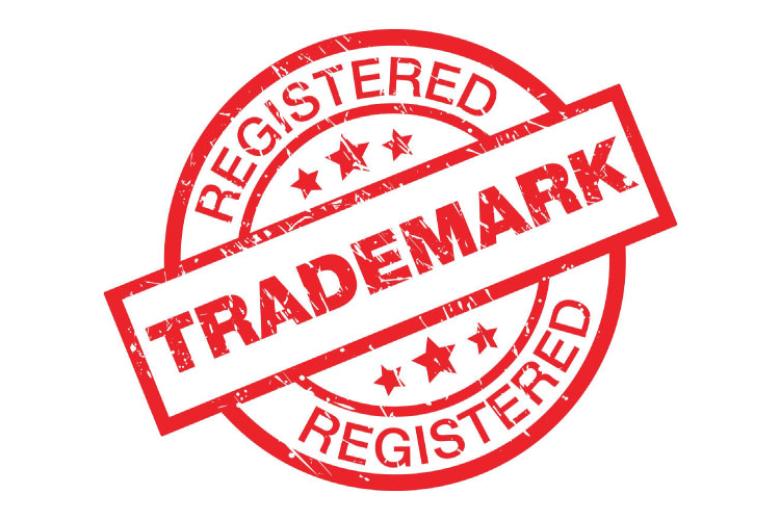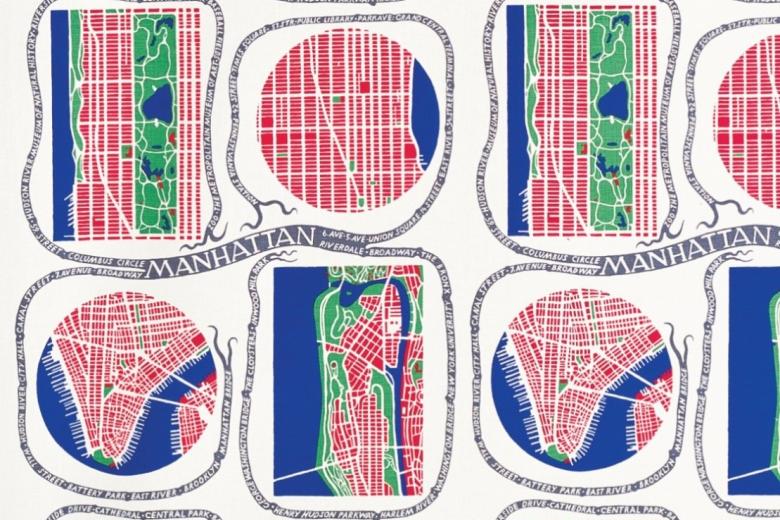Maintaining trust in WTO adjudication: the arbitration ‘safety valve’
The idea floated by a Maastricht doctoral researcher in September 2017 on how to bypass the current deadlock over appointments to the WTO Appellate Body and to avoid a collapse of the WTO dispute settlement system has gained momentum in academic and policymaking circles.
As highlighted in an earlier post (How to break the impasse over Appellate Body nominations), the continued refusal by the Trump Administration to approve the process to select replacements for current vacancies on the WTO Appellate Body, including the vacancy left by Maastricht professor Dr. Peter Van den Bossche, is a momentous problem remaining unresolved. Unless new Appellate Body members are appointed in 2018, the remaining members will struggle to cope with the increasing caseload, which is quickly accumulating into an ever-larger backlog of cases and severe delays. By the end of 2018, if no further appointments have been made, the Appellate Body will operate with the minimum three members, below which it could not render judgments.
On 24 October 2017, Jens Hillebrand Pohl, IGIR doctoral fellow supervised by Professor Peter Van den Bossche and Dr. Denise Prévost as well as Dr. Rodrigo Polanco (World Trade Institute), presented a forthcoming book chapter exploring a solution to this impasse, arguing that WTO Members may activate the oft-overlooked provision in Article 25 of the WTO Dispute Settlement Understanding, which provides for arbitration as an alternative means of binding dispute settlement. To date, this provision has only been invoked once. The main impediment to resorting to Article 25 arbitration is that the parties to the dispute must agree in advance on the procedures to be followed and to abide by the arbitration award.
To effectively activate Article 25, the paper therefore argues that WTO members who wish to make continued use of the WTO dispute settlement system could enter into a binding arbitration agreement in respect of future disputes. The chapter outlines a blueprint of what such a plurilateral arbitration agreement might look like. Importantly, the Dispute Settlement Understanding makes clear that the Appellate Body always remains the supreme adjudicatory body within the dispute settlement system. As such, arbitration might be resorted to even where the Appellate Body continues to operate as normal, with the Appellate Body retaining the power to set aside arbitral awards that are not consistent with the WTO covered agreements or that nullify or impair benefits accruing to any Member under those agreements or that impede the attainment of any objective of those agreements.
The paper also compares the Article 25 arbitration proposal with subsequent proposals floated by other scholars to break the deadlock over Appellate Body nominations, including changing the Appellate Body’s working procedures to allow it to decline appeals, establishing a new multilateral trade court, referring the question of Appellate Body appointments to the General Council acting as plenary organ, among other ideas.
The paper will be a chapter in a forthcoming book to be published in the context of work carried out by colleagues at IGIR under the broader research theme of Trust in Trade. On 22 January 2018, a Collaborative Project Workshop on Trust in Trade will be held at the Law Faculty of Maastricht University (please visit our Maastricht University website for the programme, registration link and introductory text.
This workshop aims to elucidate the concept of ‘trust’ in the context of international economic law, by examining the theoretical framework for understanding trust in trade and exploring its application through various case studies. This analysis aims to contribute to understanding the reasons underlying the erosion of trust in trade and suggest ways to restore it.
Participation is free of charge, but registration is required
| Written by Jens Hillebrand Pohl - More blogs on Law Blogs Maastricht |
-
Protection of reputable marks beyond confusion: does “due cause” help to strike a balance between trade mark proprietors and content creators?
Content creators, exercising their freedom of expression, may use trade marks in their content in a way that might damage the interests of trade mark proprietors (e.g. use of Nike shoes in a porn movie). How does EU trade mark law address these different interests?

-
Computer-Implemented Inventions: has the term “invention” in the EPC lost its meaning?
The European Patent Convention defines subject-matter that is not eligible for patent protection, such as methods for doing business. However, when implemented by a computer, non-eligible subject matter becomes eligible for patent protection. Is this desirable?

-
The ambigous nature of the amended European trademark functionality doctrine
EU trade mark law excludes certain signs from becoming registered trade marks. In particular, shapes cannot be registered if they are necessary for achieving a technical result. In 2015, the amended Regulation broadened this exclusion to ‘another characteristics'. But what is now covered exactly?
